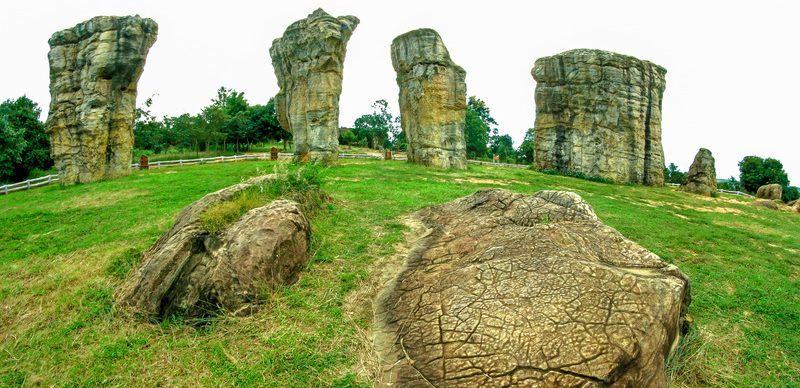Introduction
Crafting an Archaeology dissertation is a vital academic milestone, allowing students to explore ancient cultures, artifacts, and historical sites through original research. Selecting the right topic is essential—it drives your study, showcases your analytical skills, and adds value to the discipline. Whether you’re seeking custom Archaeology dissertation topics writing, expert dissertation help, or guidance on a PhD writing service, choosing the right theme ensures academic excellence and relevance in the field.
List of Archeology Dissertation Topics
The Importance of Archaeological Preservation
- The Role of Digital Technologies in Archaeological Site Preservation
- Preserving Cultural Heritage: Challenges and Strategies in War Zones
- Legal Frameworks Supporting Archaeological Conservation Globally
- Community Involvement in the Preservation of Local Heritage Sites
- Impact of Climate Change on the Preservation of Archaeological Sites
Urban Archaeology
- Archaeological Excavations in Modern Cities: Case Studies and Challenges
- The Integration of Urban Development and Heritage Conservation
- Urban Archaeology and the Rediscovery of Lost City Layers
- The Role of Urban Archaeology in Planning Sustainable Cities
- Technological Advancements in Mapping Underground Urban Structures
Ancient Egyptian Burial Practices
- The Symbolism of Mummification in Ancient Egyptian Religion
- The Evolution of Tomb Architecture in Ancient Egypt
- Ritual Objects and Their Meaning in Egyptian Burial Chambers
- Social Hierarchy Reflected in Ancient Egyptian Burial Rites
- Gender Differences in Burial Practices of Ancient Egypt
Archaeological Thematics of Sites
- Thematic Approaches to Interpreting Prehistoric Cave Art
- Religious Symbolism in Ancient Temple Ruins
- Trade and Commerce as Themes in Port City Excavations
- War and Conflict: A Thematic Analysis of Battlefield Archaeology
- Daily Life Themes in Domestic Archaeological Sites
Archaeology, Traditional Cultures, and Oral History
- The Use of Oral Traditions in Interpreting Archaeological Finds
- Collaborating with Indigenous Communities in Archaeological Research
- Ethical Considerations in Recording and Preserving Oral Histories
- Myths and Legends as Tools for Archaeological Discovery
- Case Studies in Linking Oral Narratives to Material Culture
Environmental Ethics of Archaeology
- Balancing Excavation and Environmental Conservation
- Sustainable Practices in Archaeological Fieldwork
- The Environmental Impact of Large-Scale Archaeological Projects
- Ethical Dilemmas in Disturbing Eco-Sensitive Heritage Sites
- Developing Eco-Friendly Archaeological Tools and Techniques
Mesopotamian Archaeology
- Deciphering Cuneiform: Insights into Mesopotamian Society
- Religious Practices in Sumerian Temples
- The Role of Ziggurats in Mesopotamian Urban Planning
- Mesopotamian Contributions to Early Law and Governance
- Excavation of Ur and Its Importance in Understanding Ancient Civilizations
Ownership and Repatriation in Archaeology
- Ethical Implications of Artifact Repatriation
- Case Study: The Return of the Benin Bronzes
- Legal Battles over Archaeological Finds: Who Owns the Past?
- The Role of Museums in Repatriation Debates
- International Agreements and Policies on Cultural Property Ownership
Practices of Archaeological Excavation
- Comparative Analysis of Excavation Techniques Across Regions
- The Role of Remote Sensing in Modern Excavations
- Post-Excavation Processing and Artifact Analysis
- Ethical Considerations in Excavating Burial Sites
- The Use of 3D Modeling in Recording Excavation Data





